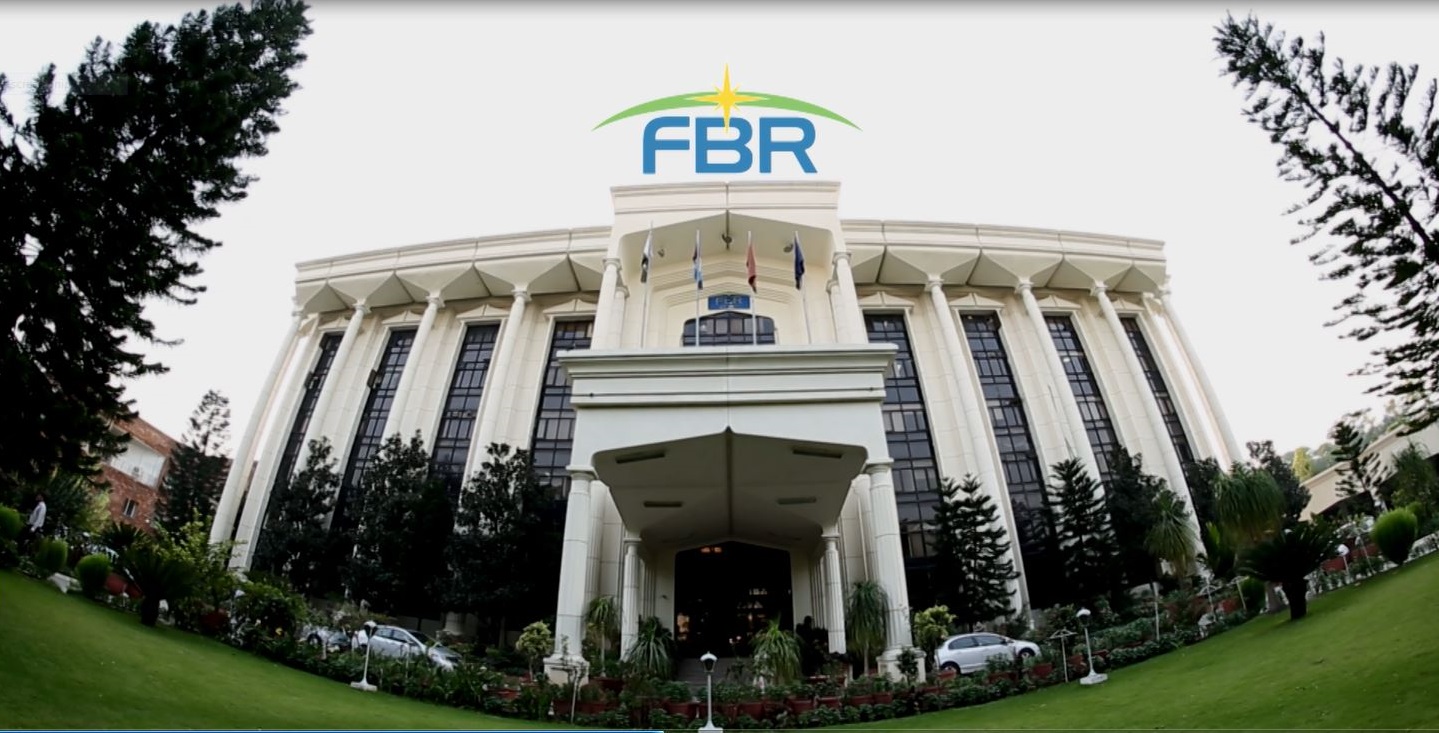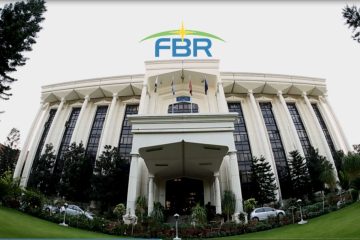Islamabad, Pakistan: The Inland Revenue Service Officers Association (IRSOA) has expressed strong opposition to the Federal Board of Revenue’s (FBR) Transformation Plan, citing concerns over its content, execution, and lack of consultation with IRS officers.
The IRSOA, representing over 1,300 IRS officers, argues that the plan was not developed through a transparent and inclusive process. The association criticized the FBR for ignoring repeated requests for meetings and submissions, leading to feelings of alienation among IRS officers.
The IRSOA also raised concerns about the discriminatory practices within the plan, particularly the 60/40 peer rating system for performance assessments. The association proposed alternative performance evaluation methods based on objective measures.
The IRSOA highlighted the excessive reporting requirements imposed on IRS officers, which hinder their ability to focus on core responsibilities. The plan’s failure to address basic needs such as adequate salaries, transportation, and accommodation for junior officers was also criticized.
The association expressed concerns about disparities in how integrity issues are addressed within the FBR, noting that IRS officers are often subject to stricter scrutiny compared to their counterparts in the Pakistan Customs Service (PCS). Business Recorder
The IRSOA issued a set of demands to address these concerns, including:
- Aligning salaries and allowances of IRS officers with other service groups
- Providing logistical support for field enforcement activities
- Ensuring necessary staff and amenities for field formations
- Devolving authority to empower officers in the field
- Prioritizing career progression and international training opportunities
- Revising the performance evaluation system to adopt objective measures
- Addressing concerns regarding accountability and data security
The IRSOA emphasized the need for the FBR to align its digital strategy with its objectives and ensure effective data analytics and intelligence sharing. The association also criticized the plan’s failure to institutionalize access to vital data and decentralize it to relevant stakeholders.
The IRSOA’s strong opposition to the FBR’s Transformation Plan highlights the need for further dialogue and collaboration between the FBR and its employees to address their concerns and ensure the successful implementation of the plan.






